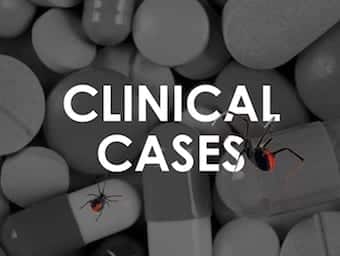
Valproate: Still Big Trouble!
The patient from Toxicology Conundrum 055 with a massive valproate overdose arrives in the ICU, can you manage things from here?

The patient from Toxicology Conundrum 055 with a massive valproate overdose arrives in the ICU, can you manage things from here?

A man presents with decreased level of consciousness following a probable ingestion of 96g of sodium valproate. Can you handle this toxicological emergency?

Dr. Kevin Kikta was one of two emergency room doctors on duty at St. John’s Regional Medical Center in Joplin, MO on Sunday, May 22, 2011 when a destructive tornado hit the hospital.
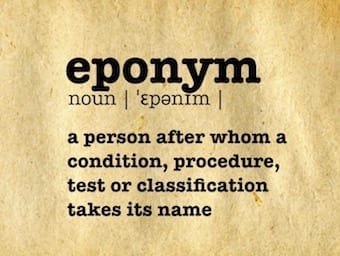
Thomas Cuming (1798 - 1887) was a North Irish physician renowned for works on aortic incompetence, cancum oris and peripneumonia in children.
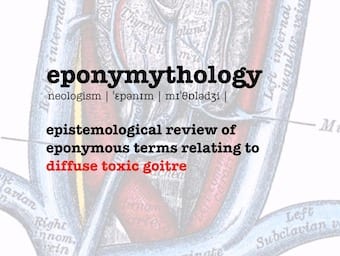
The problem of nomenclature of diffuse toxic goitre (Parry, Graves or Basedow disease) remains an unsettled one. So lets review the chronological history of eponymous aetiology for toxic goitre/exophthalmic goitre
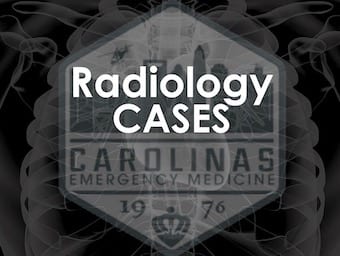
Pediatric Emergency Medicine Radiology Topics, monthly educational, self-guided slides were first published on EMGuideWire.com and peer reviewed by Professor Gibbs and Sean Fox, MD

Tomisaku Kawasaki 川崎 富作 (1925-2020) Japanese pediatrician. Famous for the discovery and ongoing research into Kawasaki Disease (1967)

Otto Heinrich Enoch Becker (1828-1890) was a German ophthalmologist, eponymous with Becker sign, and Becker test for astigmatism.

Henry Earle (1789 - 1838) was an English surgeon. Earle-Volkmann triangle (1829); Fracture bed for management of NOF fractures
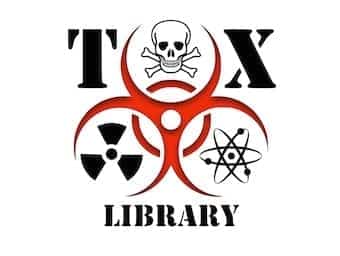
Resuscitation Overview As with any basic and advanced life support it is important to have a systematic approach to managing toxicological emergency presentations. Pioneers in the field developed RRSIDEAD as a mnemonic to remember the key steps in Tox patient…
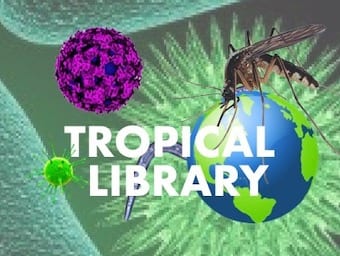
Tetanus MCQ Q1. Which of the following is true for the tetanus vaccine? A. Every traveller should be up to date.B. No one should have more than 6 shots in their lifetime.C. Reactions are less likely to occur the more…

As we move along the top shelf of resources for clinician educators it is inevitable that we come to Debrief2Learn